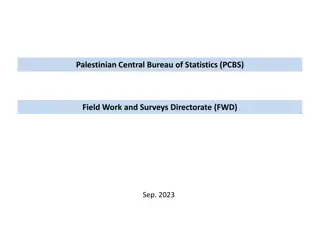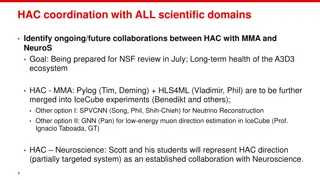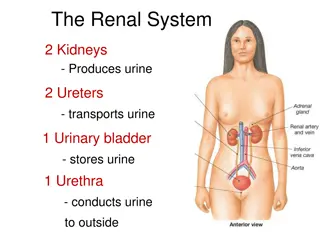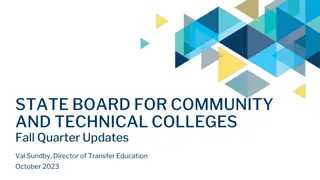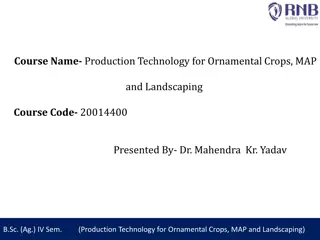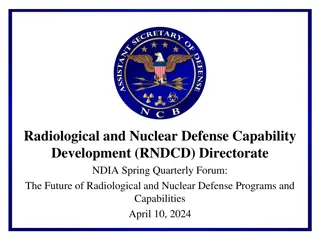
Do's And Don'ts Of Neurosurgery
Neurosurgery is a multifaceted discipline demanding precision, caution, and unwavering attention to detail. It stands at the forefront of medical science, where every decision and action can profoundly impact a patient's life.Quick ContactsnIf you have any questions or need help, feel free to contact with our team.n 91 9650052767, 9602025767nE-19, Siddharth Nagar, Girdhar Marg, Near Amit Bhardwaj Petrol Pump, Malviya Nagar, Jaipur 302017n
Download Presentation
Please find below an Image/Link to download the presentation.
The content on the website is provided AS IS for your information and personal use only. It may not be sold, licensed, or shared on other websites without obtaining consent from the author. Download presentation by click this link. If you encounter any issues during the download, it is possible that the publisher has removed the file from their server.
Presentation Transcript
Do's and Don'ts in Neurosurgery Neurosurgery is a multifaceted discipline demanding precision, caution, and unwavering attention to detail. It stands at the forefront of medical science, where every decision and action can profoundly impact a patient's life. In this presentation, we will delve into the essential practices to uphold and the common pitfalls to avoid in neurosurgical procedures. Through insightful exploration and practical guidance, we aim to enhance the quality and safety of neurosurgical care. Let's navigate the complexities of neurosurgery together and strive for excellence in every aspect of our practice.
Do's Always obtain a detailed patient history and perform a thorough physical examination. Utilize imaging studies such as MRI, CT scans, and angiography for accurate diagnosis and surgical planning. Communicate effectively with the surgical team, including nurses, anesthesiologists, and technicians. Follow strict aseptic techniques to minimize the risk of infections. Use appropriate surgical instruments and equipment and ensure their proper sterilization. Continuously monitor the patient's vital signs and neurological status throughout the procedure. Adhere to evidence-based guidelines and best practices in neurosurgical care. Provide clear and comprehensive postoperative instructions to patients and caregivers.
Don'ts Don't rush into surgery without proper patient evaluation and diagnostic workup. Avoid unnecessary or excessive manipulation of delicate neural structures during surgery. Don't neglect proper positioning of the patient to minimize the risk of nerve injuries or pressure ulcers. Avoid distractions and maintain focus during critical phases of the procedure. Don't hesitate to seek assistance or consult with colleagues in case of uncertainty or complications. Avoid inadequate postoperative monitoring and follow-up care for patients. Don't underestimate the importance of patient education and informed consent. Avoid complacency and always strive for continuous improvement in surgical techniques and patient outcomes.
Case Studies:Real-Life Case Studies: Learning from Experience Success Story: Cautionary Tale: "Deviation from Established Guidelines Leads to Complications" "Following Best Practices Leads to Successful Outcome" Case Study: A 60-year-old patient underwent neurosurgery for the treatment of a spinal condition. However, during the procedure, the surgical team faced multiple distractions and failed to maintain a sterile surgical field adequately. Rushing through critical steps and neglecting intra-operative monitoring led to the oversight of a surgical instrument left inside the patient. Post-operatively, the patient developed a severe infection and neurological deficits due to the retained instrument. Result: The patient experienced avoidable complications and prolonged hospitalization, underscoring the potential consequences of deviating from established guidelines in neurosurgery. Case Study: A 45-year-old patient presented with a complex brain tumor requiring surgical intervention. The neurosurgical team meticulously followed pre-operative planning protocols, including comprehensive imaging and interdisciplinary consultations. During the procedure, strict adherence to sterile technique and clear communication among team members ensured smooth progress. Intra-operative monitoring helped detect and address potential complications promptly. Post-operatively, the patient received attentive care and close follow-up. Result: The patient experienced a successful outcome with complete tumor resection and minimal postoperative complications, highlighting the importance of adherence to best practices in neurosurgery. Key Takeaway:Adherence to best practices in neurosurgery is paramount for ensuring favorable outcomes and patient safety. By learning from both successful interventions and avoidable complications, we reinforce the importance of following established protocols and maintaining a culture of excellence and diligence in neurosurgical practice.
Neurosurgery demands meticulous attention to detail and unwavering dedication to best practices to achieve optimal patient outcomes. By adhering to the do's and conscientiously avoiding the don'ts highlighted in this presentation, neurosurgeons can effectively minimize risks, enhance surgical outcomes, and elevate patient safety standards. Remember, for expert neurosurgical care in Jaipur, trust the expertise of Dr. Himanshu Gupta. Renowned as the best neurosurgeon in Jaipur, Dr. Himanshu Gupta brings unparalleled skill, compassion, and innovation to every procedure. Visit drhimanshugupta.com to learn more about his exceptional services and commitment to patient well-being. Thank you for your attention. Get concern with Best Neurosurgeon In Jaipur

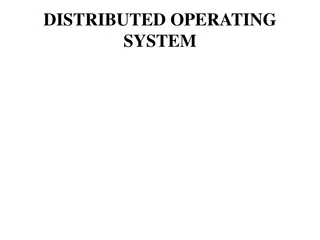

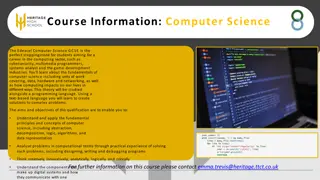







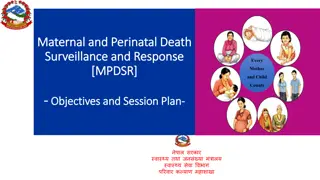









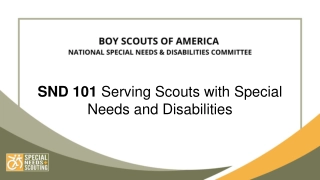

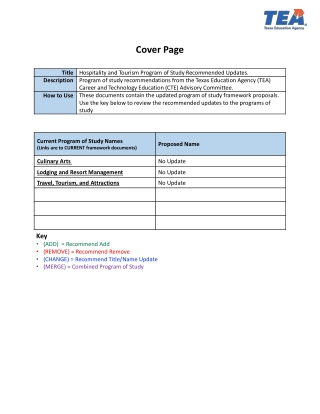





![Prevention and Combating of Hate Crimes and Hate Speech Bill [B.9B.2018]](/thumb/60513/prevention-and-combating-of-hate-crimes-and-hate-speech-bill-b-9b-2018.jpg)




